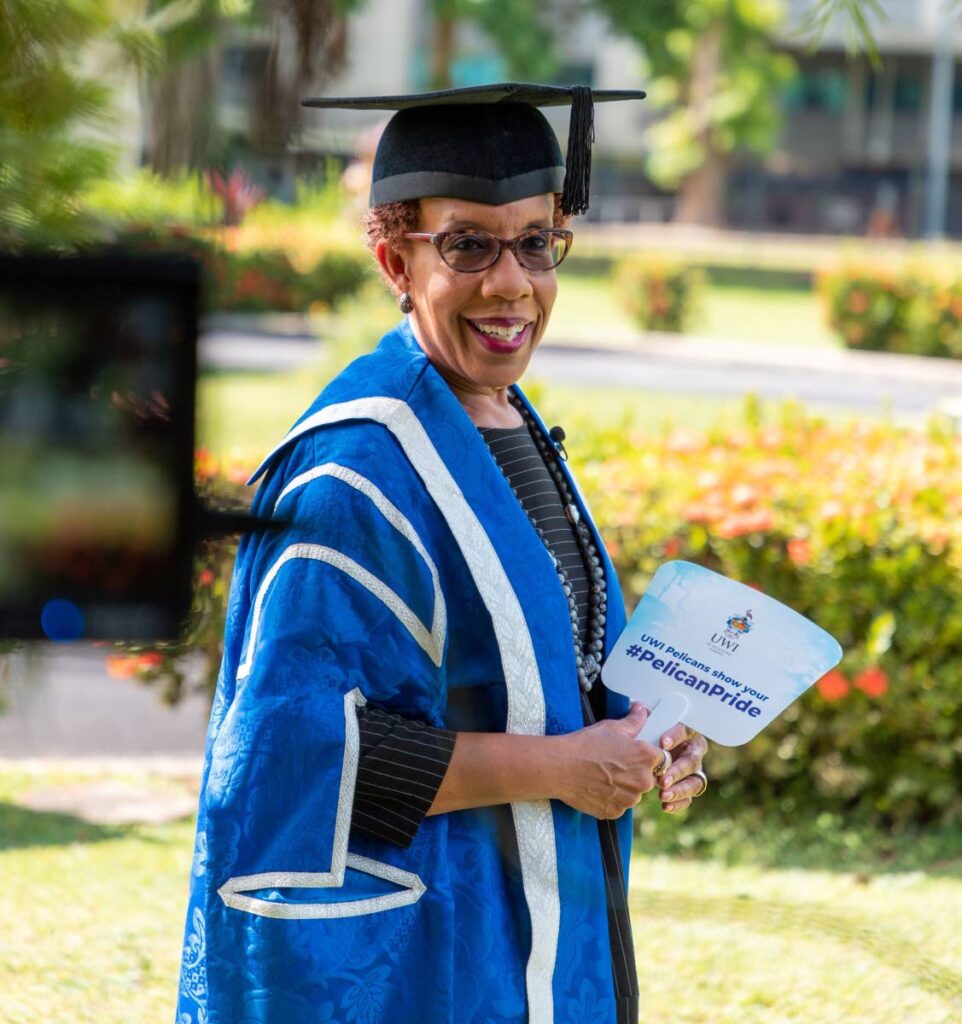Opening doors for women leaders

This month’s observance of International Women’s Day, as well as the bestowing of National Awards to key female figures in leadership, has encouraged the country to take stock of the accomplishments of our women leaders and to contemplate how much further we must go to ensure all enjoy an even playing field.
Women leaders have made strides in a diverse range of areas, including business, banking, finance, the communications sector and skills training, and the stories of achievements in these areas are many.
Such is evident when it comes to the women highlighted in this week’s issue of Business Day, including former deputy CEO and corporate secretary of First Citizens Bank Ltd Sharon Christopher, who was recently among those awarded the Chaconia Medal Gold in the 2021 honours bestowed by President's House.
But while progress has been made, that progress is at risk of being undermined.
At a conference held to commemorate International Women’s Day earlier this month, president of the American Chamber of Commerce (Amcham) Toni Sirju noted the current environment presents challenges.
“The pandemic, climate change, and geopolitical conflicts are undermining the progress women have made and threatening their lives and livelihoods around the world,” she noted.
Ms Sirju announced 50 per cent of Amcham’s directorship is now composed of women, an example which other businesses should follow. Indeed, many larger corporate actors already routinely sponsor events aimed at promoting the cause of gender parity.
However, when it comes to smaller businesses the picture is murkier as there are no standard reporting requirements that could help keep track of employment practices from a gender perspective.
One way of addressing this might be a study aimed at all companies, including those at the level of small and micro-enterprises, to see if women are truly finding a space in business management over time.
Another way could be to encourage voluntary reporting of statistics not only in company reports, but to bolster state agencies that are supposed to be monitoring labour practices and keeping track of national statistics.
Getting a clearer picture might help us avoid complacency, especially since it is all too easy to take progress for granted.
As pointed out by Ms Sirju, the issue of fair treatment is not merely a numbers game. In fact, without commensurate efforts to change attitudes and bias, any surface progress is tokenistic.
“Breaking the bias,” Ms Sirju said, “means rooting out negative stereotypes and prejudices against women; calling out sexism, protecting women from gender-based violence, and ending discrimination by both men and women.”
“It also means having honest conversations about these issues and working together.”
And all citizens definitely need to work together on this issue.
According to managing director of Scotiabank TT Gayle Pazos, almost three in four women experience bias at work.
Yet, only one in three employees challenges biased behaviour when they see it. That means more people need to feel empowered to speak up if there is to be anything other than surface change.


Comments
"Opening doors for women leaders"